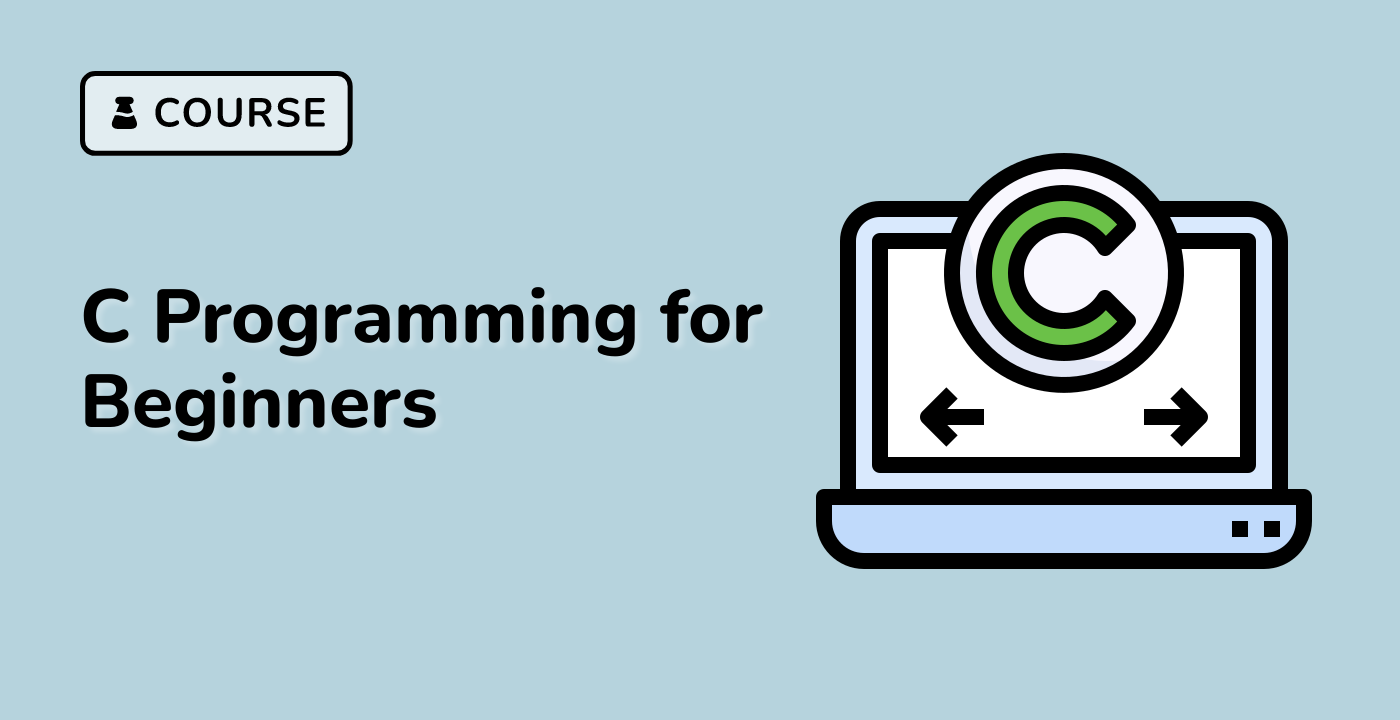Common Declaration Issues
Types of Declaration Warnings
Declaration warnings are critical indicators of potential coding mistakes that can lead to unexpected behavior or compilation errors.
graph TD
A[Declaration Warnings] --> B[Implicit Declaration]
A --> C[Type Mismatch]
A --> D[Unused Variables]
A --> E[Uninitialized Variables]
Implicit Declaration Warnings
Problem
Occurs when a function is used without a prior declaration or header inclusion.
// implicit_warning.c
#include <stdio.h>
int main() {
// Warning: implicit declaration of function 'calculate'
int result = calculate(10, 20);
printf("Result: %d\n", result);
return 0;
}
Correct Approach
// implicit_warning.c
#include <stdio.h>
// Function prototype
int calculate(int a, int b);
int main() {
int result = calculate(10, 20);
printf("Result: %d\n", result);
return 0;
}
int calculate(int a, int b) {
return a + b;
}
Type Mismatch Warnings
Common Scenarios
| Scenario |
Warning Type |
Example |
| Integer Conversion |
Potential Loss of Data |
int x = (int)3.14 |
| Pointer Type Mismatch |
Incompatible Pointer Types |
char* ptr = (int*)malloc(sizeof(int)) |
| Function Return Type |
Incorrect Return Type |
char func() { return 100; } |
Example Code
// type_mismatch.c
#include <stdio.h>
void demonstrate_type_warning() {
double pi = 3.14159;
int rounded_pi = pi; // Potential precision loss warning
char* str = (char*)123; // Pointer type conversion warning
}
Unused Variable Warnings
Detection Mechanism
GCC can identify variables that are declared but never used in the code.
// unused_variable.c
#include <stdio.h>
int main() {
int unused_var; // Warning: unused variable
int x = 10;
printf("Value of x: %d\n", x);
return 0;
}
Suppressing Warnings
// Suppress unused variable warning
int main() {
__attribute__((unused)) int unused_var;
int x = 10;
printf("Value of x: %d\n", x);
return 0;
}
Uninitialized Variable Warnings
Potential Risks
Using uninitialized variables can lead to undefined behavior.
// uninitialized_warning.c
#include <stdio.h>
int main() {
int x; // Warning: x is used without initialization
printf("Uninitialized value: %d\n", x);
return 0;
}
LabEx Recommendation
At LabEx, we emphasize the importance of understanding and resolving declaration warnings to write robust and reliable C code.
Compilation Tips
## Compile with comprehensive warnings
gcc -Wall -Wextra -Werror declaration_example.c -o declaration_example




